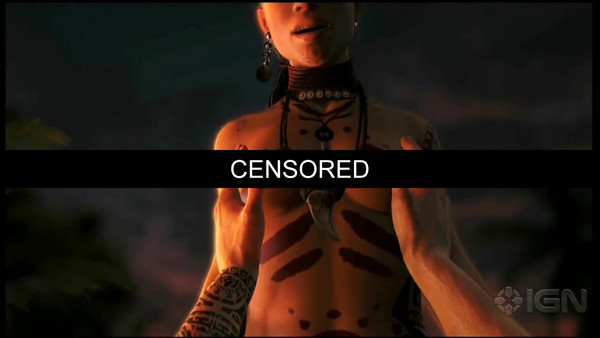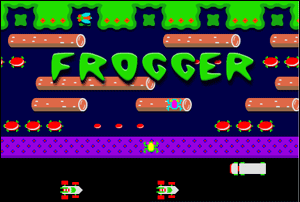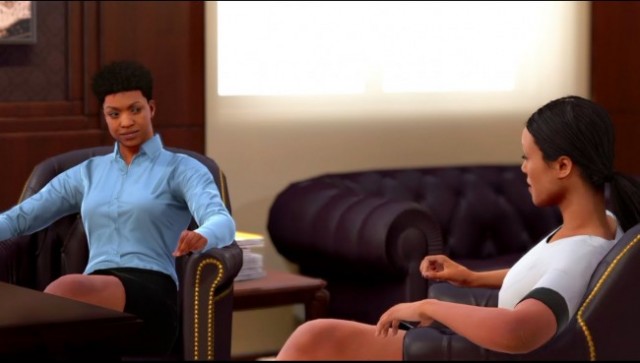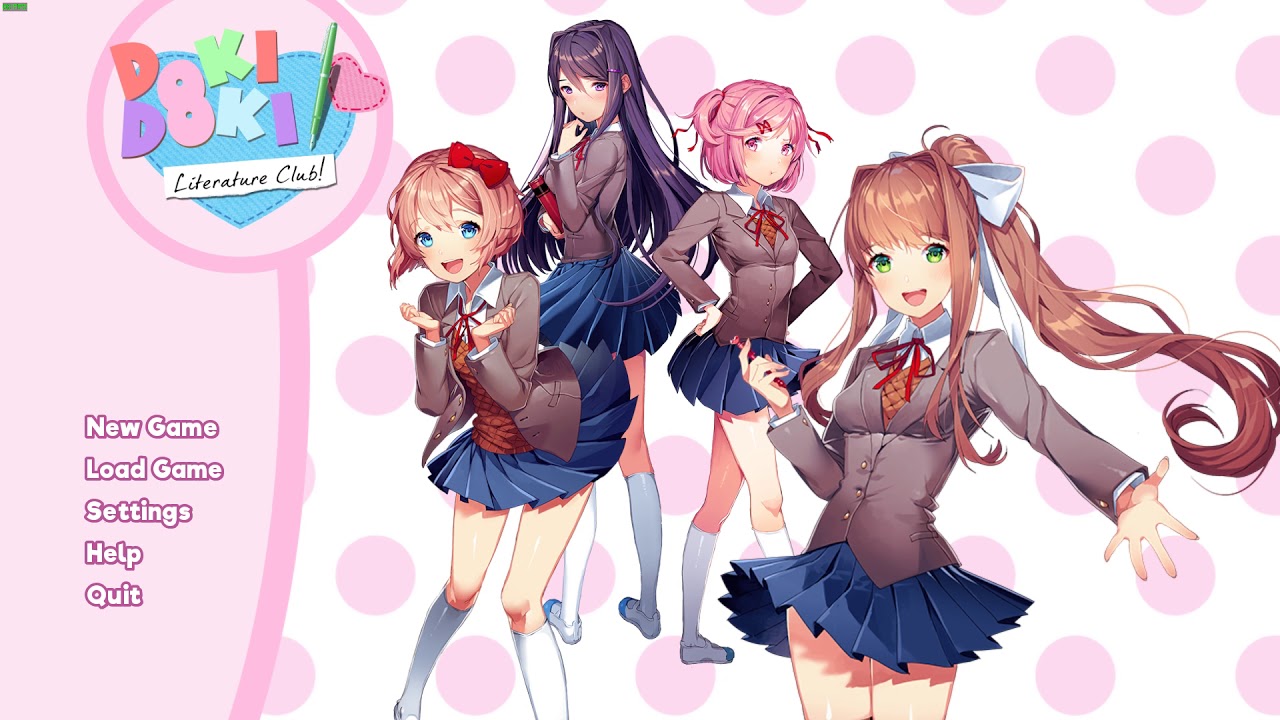In last week’s podcast, we talked a bit about agency and feelings of control when watching a movie or TV show versus feeling control while playing a game. Opinions varied, but I’ve been thinking about it a lot this week. I find that when I watch a movie or TV show, I feel completely powerless and forced to just let the story head for its inevitable conclusion. For example, when I was watching Black Mirror’s “Playtest,” I got stressed and I did scream at the tv, but I didn’t feel like I had any responsibility for the way the story played out. I have no agency in that situation, so I did’t feel much other than being an observer along for the ride.
In theory, then, I would expect to feel more responsibility or agency when playing a video game. After all, I am in control. Or some semblance of control anyway. I am moving the character and story along. I can make mistakes that change the nature of the story. But, really, I still don’t have a lot of agency; most video games will play out to their inevitable conclusion regardless of what I do. I might die, but the game typically just goes back to the last scene for me to try again. So, I feel like I should feel about as much responsibility for the story as I do when watching a movie. But, instead I feel more responsibility, while simultaneously feeling like I have less control over the narrative. That is, the illusion of control makes me feel more responsible for the outcome even though I actually have no control and the outcome is (generally) inevitable. So often when I play, I know the “bad” thing is about to happen, but I can’t stop it. Even so, I try to stop it.
Games with some element of decision making actually make me feel even more like I lack control. I never know what the best decision is. Yesterday, while playing Until Dawn, I came to a decision and I had to pause because I didn’t want to do either of the given choices. Decision-based games also don’t often give me all the decisions I wish I could make. Many, many times, as I play Until Dawn, I wish I had a decision to make. I don’t often want to go down the dark hallway or into the creepy basement. These particular actions don’t seem like good ideas. At all. But, of course, I don’t have a choice for the most part. Even with the many decisions in Until Dawn, I still mostly feel like I’m following the story to its inevitable conclusion (even knowing that each decision might lead to another character’s death).
Decision based games often make me feel like I have less control even if the decisions I’m making are changing the trajectory of the narrative. For example, Life is Strange, in particular, made me feel like I was lacking control in so many ways. Many times while playing Life is Strange, I had to turn it off, walk away, and think for awhile. And, still I often regretted my choice, and my decisions led to a lot of guilt. In these decision-making games, I feel simultaneously out of control and also responsible for the decisions I make and how they affect the characters. Another example of when I felt a great deal of guilt/lack of control was when I played Bastion. Although that game didn’t involve a great deal of decision making, Bastion asked the player to make a big decision at the end. I’m not sure I’ve ever felt so helpless playing a game.
Movies and tv shows give the watcher little to no agency. You can turn the show off, I guess, but the narrative is still going to head to its inevitable conclusion either way. I can enjoy movies without feeling the guilt that comes with having to make hard decisions. It should follow that I feel more in control in video games. But, I don’t. The illusion of choice often feels like just that: an illusion to make me feel like I have agency, which then makes me feel responsible for my “choices.”




